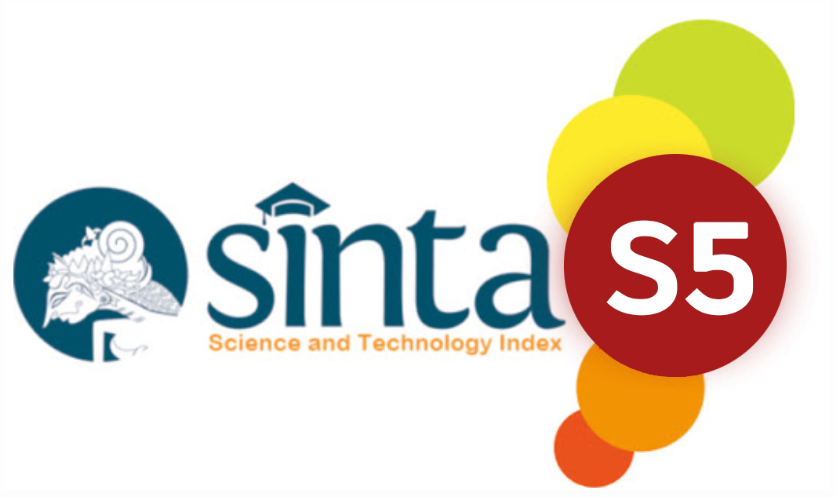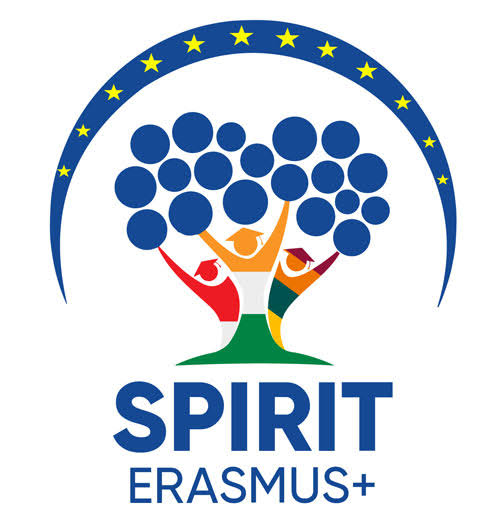The Relationship between Obstructive Sleep Apnea (OSA) and Adherence of Antihypertensive Consumption in Regular Hemodialysis Patient
DOI:
https://doi.org/10.32734/sumej.v2i2.758Keywords:
Adherence to antihypertensive consumption, hemodialysis, obstructive sleep apneaAbstract
Background. Based on the Indonesian Renal Registry (IRR) data in 2015, the highest incidence of comorbidities in hemodialysis patients in Indonesia was hypertension (50%). Obstructive Sleep Apnea (OSA) is one of the causes of secondary hypertension, the characteristics of hypertension in OSA are more resistant to treatment. One of the causes of resistant hypertension is patient non-compliance with the consumption of antihypertensive drugs.
Aim. To determine the relationship of adherence of consumption of antihypertensive drugs with obstructive sleep apnea in regular HD patients.
Method. This cross-sectional study involved 89 outpatients in HD units at the Rasyida Kidney Hospital in 2018. Data was obtained through interview using the STOP-BANG questionnaire to assess the of risk of OSA and using Morisky Medication Adherence Scale (MMAS) questionnaire to measure the compliance of drug consumption.
Results.The prevalence of OSA in HD patients was (39.3%). There was no significant relationship between adherence with drug consumption and OSA risk, but in bivariate analysis, age (p = 0.0001), body mass index (BMI) (p = 0.001), and gender (p = 0.03) were significantly related to OSA. In multivariate, age and BMI were significantly associated with OSA (OR: 6.449, 95% CI 2.246 ± 18.520, p = 0.001; OR: 6.130, 95% CI 2.105 ± 17.849, p = 0.001).
Conclusion. OSA was not statistically related to adherence to antihypertensive drug consumption in HD patients but was significantly associated with age and BMI.
Keyword. Adherence to antihypertensive consumption, hemodialysis, obstructive sleep apnea.
Downloads
Downloads
Published
How to Cite
Issue
Section
License
The Authors submitting a manuscript do so on the understanding that if accepted for publication, copyright of the article shall be assigned to Sumatera Medical Journal (SUMEJ) and Faculty of Medicine as well as TALENTA Publisher Universitas Sumatera Utara as publisher of the journal.
Copyright encompasses exclusive rights to reproduce and deliver the article in all form and media. The reproduction of any part of this journal, its storage in databases and its transmission by any form or media, will be allowed only with a written permission from Sumatera Medical Journal (SUMEJ).
The Copyright Transfer Form can be downloaded here.
The copyright form should be signed originally and sent to the Editorial Office in the form of original mail or scanned document.











